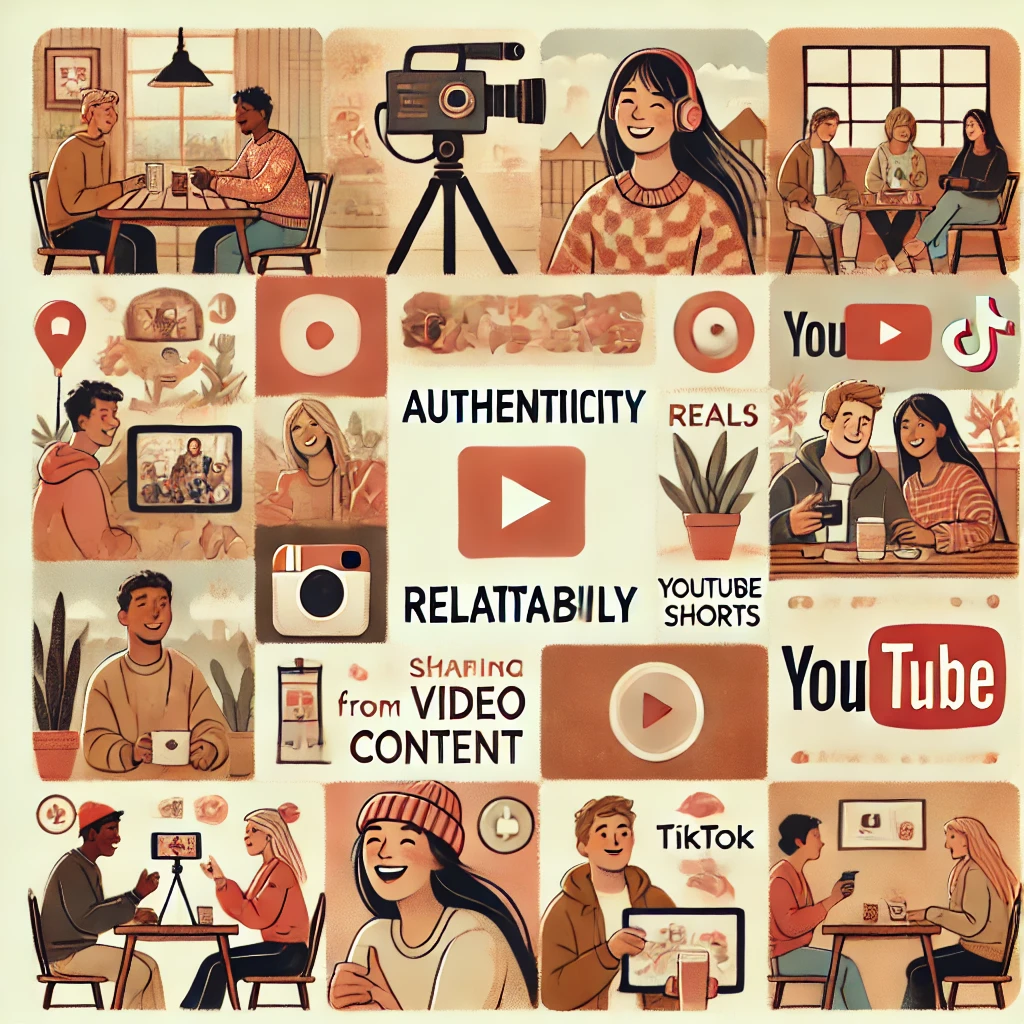Let's face it—traditional advertising is becoming less effective in a world where consumers crave authenticity and connection. Instead of glossy, high-budget ads, people now want to see real experiences and genuine voices. Think about it: whose opinion are you more likely to trust, a polished commercial or a fellow consumer's honest review?
UGC is more than just a trend; it's proof of the power of community and shared experiences. It's about real people sharing real stories, and it's changing the marketing landscape in fascinating ways. But, like anything new and exciting, it comes with its own set of challenges. So, let's dive into the world of UGC, explore the trends driving its popularity, and tackle the challenges that brands face in leveraging this powerful tool.
We’ll Break Down These Key Areas:
Trends in User Generated Content
1. Rise of Video Content

Video content, particularly short-form videos, has gained significant traction on platforms like TikTok, Instagram Reels, and YouTube Shorts. This trend is driven by the preference for visually engaging and easily consumable content. Brands are increasingly encouraging their users to create videos showcasing their products or services, leading to higher engagement and reach
2. Authenticity and Relatability
Consumers today crave authenticity. They prefer content that feels genuine and relatable over polished, high-budget advertisements. UGC offers a way for brands to tap into this desire for realness, as it comes directly from other consumers who share their experiences and opinions. This trend highlights the importance of transparency and honesty in marketing strategies.

3. Influencer Collaborations

Collaborating with influencers to generate UGC is a trend that continues to grow. Influencers have dedicated followings and can create content that resonates well with their audience. Brands benefit from the trust and credibility influencers have built, making influencer-generated content a valuable asset in marketing campaigns.
4. Community-Driven Campaigns
Brands are increasingly focusing on building communities around their products or services. By fostering a sense of belonging and encouraging customers to share their experiences, brands can create a continuous stream of UGC. Community-driven campaigns not only generate content but also strengthen customer loyalty and advocacy.

5. Interactive Content

Interactive content, such as polls, quizzes, and challenges, is another trend in UGC. This type of content engages users by inviting them to participate actively. For instance, brands can create challenges that encourage users to showcase their creativity or problem-solving skills, leading to a flood of UGC
Challenges in User Generated Content
1. Quality Control

One of the primary challenges of UGC is maintaining quality control. Since the content is created by users, it can vary widely in quality. Brands need to find ways to curate and highlight the best content without alienating their audience or stifling creativity.
2. Legal and Ethical Concerns
UGC can pose legal and ethical challenges, particularly around copyright infringement, privacy, and consent. Brands must ensure they have the right to use the content and that it adheres to legal standards. Clear guidelines and obtaining proper permissions are essential to navigate these issues.

3. Managing Negative Content

While UGC can be a powerful tool for positive promotion, it can also include negative or damaging content. Managing and mitigating the impact of negative UGC requires a proactive approach, including monitoring and responding to customer feedback promptly and effectively.
4. Consistency in Branding
Maintaining a consistent brand image while incorporating diverse UGC can be challenging. Brands need to strike a balance between showcasing authentic user content and ensuring it aligns with their overall branding and messaging. Developing clear guidelines for UGC can help in achieving this consistency.

5. Measurement and ROI

Measuring the effectiveness of UGC and determining its return on investment (ROI) can be complex. Unlike traditional advertising, UGC’s impact may not be immediately quantifiable. Brands need to develop robust metrics and tracking mechanisms to evaluate the success of their UGC campaigns.
